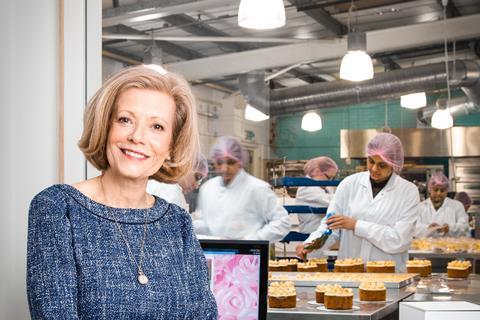
Premium cake business Fiona Cairns has installed 4,500sq ft of solar panels at its bakery.
Installation costs were supported by funding from Lloyds Bank’s Clean Growth Financing Initiative, which provides customers with access to discounted lending for green purposes.
The panels were set up on the roof of one of Fiona Cairns’ three production units at its site in Leicestershire. They will supply almost a third of the building’s energy, equating to around 10% of the business’ total energy usage, helping to reduce CO2 emissions by 15 tonnes per year.
The company said it was also looking at opportunities to increase this figure by using the electricity generated during the factory’s non-operational weekend hours to charge its fleet of three electric forklift trucks. Further plans were also in the pipeline to install solar panels across the other two units.
Founded almost 40 years ago, the now second-generation family business currently employs more than 120 staff. It supplies cakes and biscuits to high-end retailers including Waitrose, Harrods, Fortnum & Mason, and Selfridges, and also exports on a weekly basis to Dunnes Stores in the Republic of Ireland.
In 2011, the Fiona Cairns team created the wedding cake for the Prince and Princess of Wales, which stood over one metre tall and weighed 100kg. More recently, it created a box of Seasonal Cupcakes for Waitrose in celebration of the coronation.
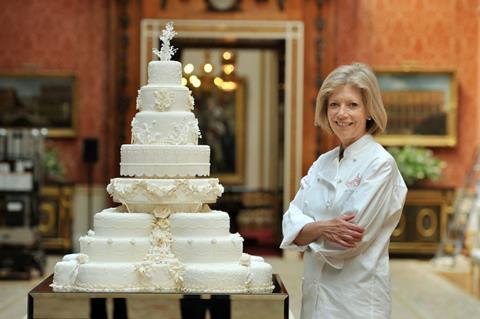
The company noted that focussing on introducing sustainable initiatives will help it remain resilient, become more cost effective, all while having a minimal impact on the planet.
Fiona Cairns director Tara Patel revealed that retailers were increasingly scrutinising the emissions of their suppliers. “As a partner to some of the UK’s most prominent retailers, it’s our responsibility to ensure we’re operating as sustainably as possible, helping them to achieve their net zero ambitions, as well as our own,” said Patel.
The business recently became RSPO certified for demonstrating that its palm oil comes from sustainable sources. Its food waste is used to help generate electricity and it is aiming to send zero waste to landfill. Most of the firm’s packaging is currently produced locally by Leicestershire suppliers, and it is looking at strategies to reduce the quantity used, including shrinking the size of the plastic windows in its cake boxes.




















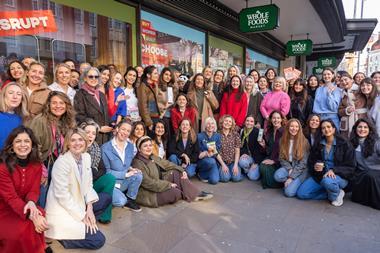
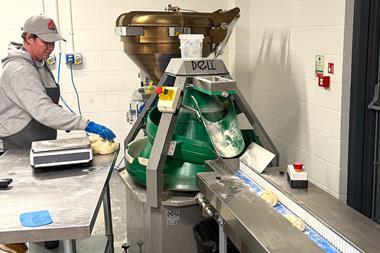
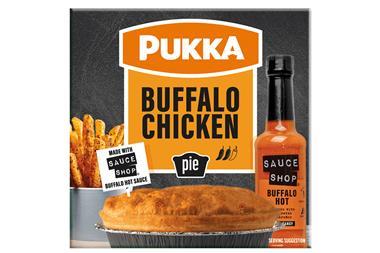
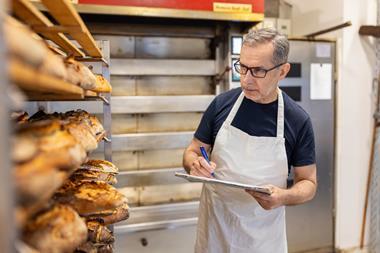
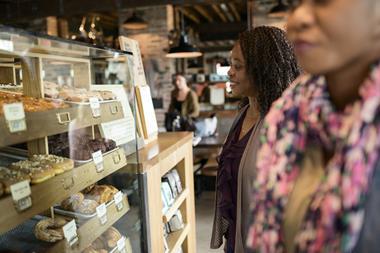


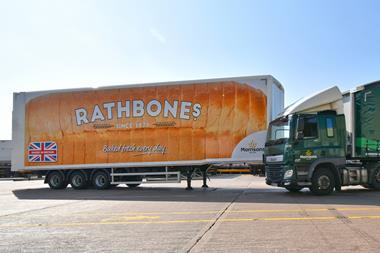

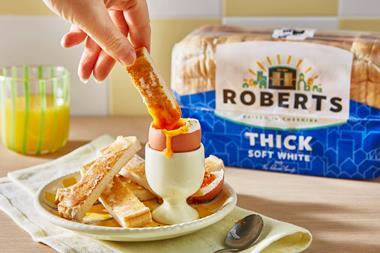
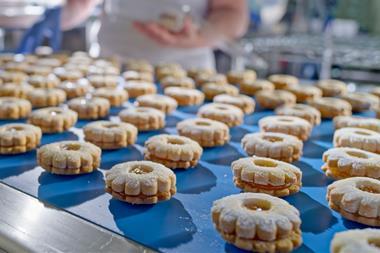

No comments yet